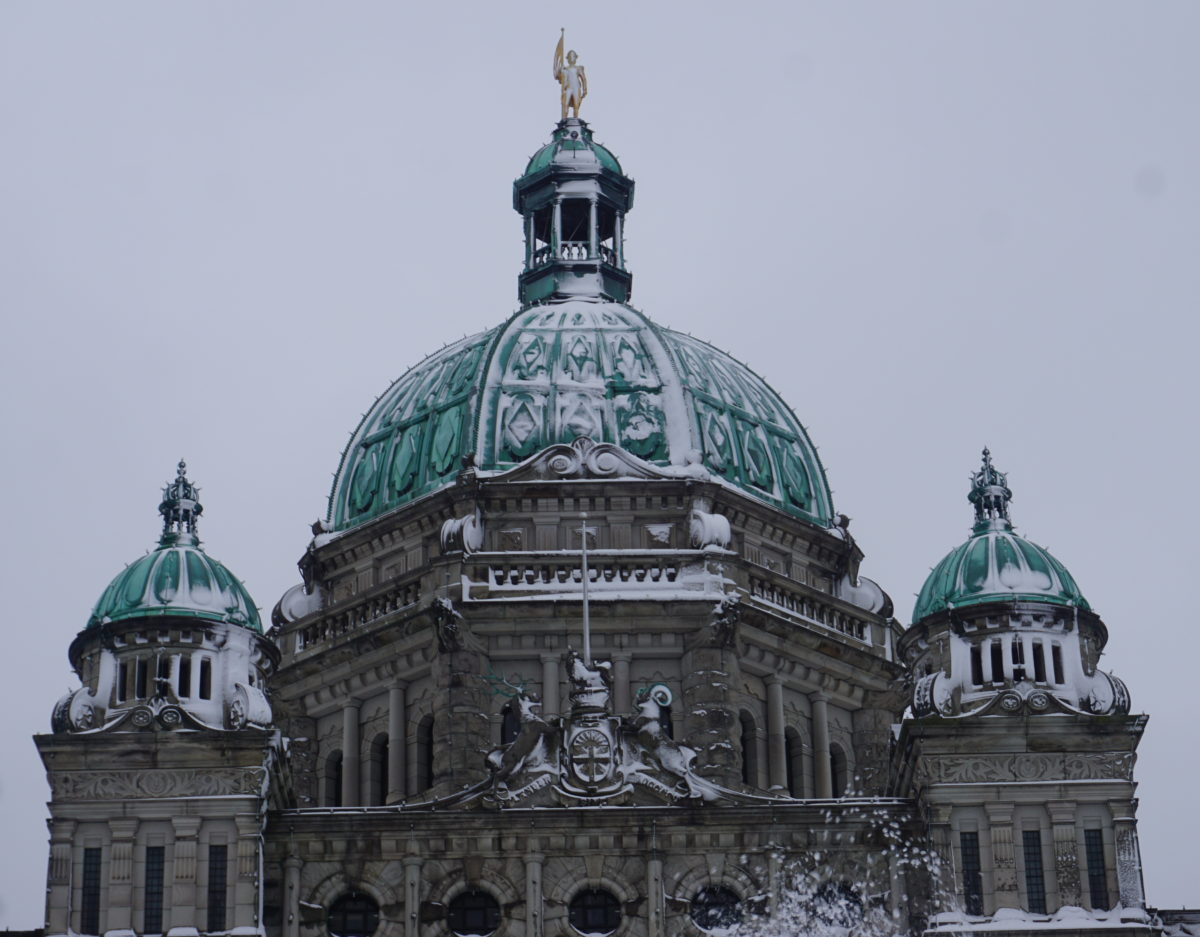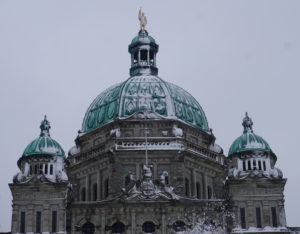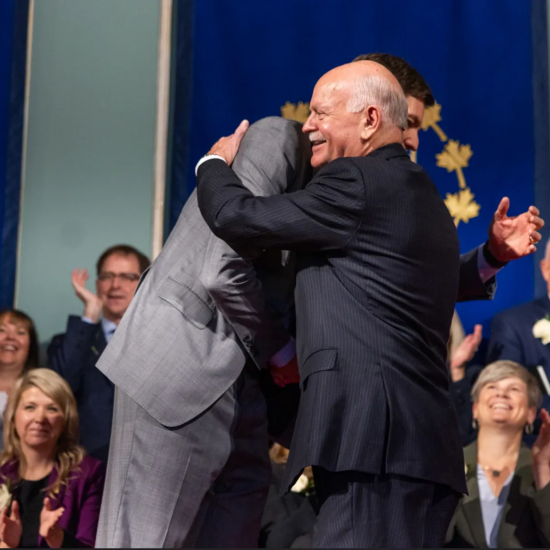
Bob Mackin
While the 87 members of B.C.’s Legislative Assembly won’t be getting a cost of living increase in 2023, a report estimated the budget to run the seat of government would balloon by nearly $13 million.
At the all-party Legislative Assembly Management Committee’s Dec. 13 meeting, new NDP house leader Ravi Kahlon agreed with BC Liberal and Green counterparts that lawmakers shouldn’t get a raise while British Columbians are grappling with higher costs.

Ravi Kahlon (Twitter)
A report from the closed-door Nov. 23 meeting of the finance and audit subcommittee assumed and budgeted a 6% consumer price index rise of $6,902.76 to the current $115,045.93 base salary for lawmakers, who are eligible for additional payments if appointed to a committee.
An across-the board cost of living increase for MLAs would have cost taxpayers another $600,540.12.
“I’m pleased that the government has come to his senses on this,” said Todd Stone, the BC Liberal house leader, during the meeting.
David Eby already receives an additional $103,541.34 a year as premier for a total $218,587.27. Cabinet ministers and opposition leader Kevin Falcon are paid $172,568.80 annually.
In last spring’s budget, the NDP government did away with the 10% penalty for each cabinet members whose ministry overspends. It amounted to a $5,551 raise per minister.
Even without a pay raise for inflation, MLAs who were first-elected in 2017 are looking forward to June 2023. That is when they meet the six-year requirement to qualify for a pension.
A staff presentation, however, showed a proposed 2023-2024 Legislature budget of $104.88 million — up $12.9 million or 14% over 2022-2023. Inflation is blamed for 48% of the increase.
The budget submission, which is subject to Treasury Board approval, was temporarily stood down by the committee, pending further analysis from staff.
The proposed budget included spending $7.05 million more on Legislative support services, for a total of $43.3 million, and $5.1 million more on Members’ services, a total of $49.36 million.
Those are both substantial increases compared to four years ago. In 2019-2020, Legislative services cost $32.23 million and Members’ services almost $41 million.
Constituency office staffing and operations is $26.15 million of the proposed Members’ services budget. The biggest driver of cost increases is $3.9 million for a new constituency office funding formula that Stone called “excessive.”

Snow on the main dome of the B.C. Legislature, Feb. 12, 2019 (Mackin)
“While it may be well intentioned and there may be pieces of it that we could revisit in subsequent fiscal years, now is not the time to proceed with a multi-million-dollar increase to constituency office budgets,” Stone said. “One of the largest increases on a year over year basis that I think the assembly has asked for and presumably will receive when the government votes this through, in many years.”
Inflation, at almost $7.8 million, is the biggest pressure on Legislative support services, partly offset by $1.73 million in business expense savings and professional services reductions.
Clerk Kate Ryan-Lloyd told the committee that the Legislature is also facing increased energy costs. For example, the cost of steam to heat the Parliament Buildings has risen by $10,000 a month.
“We’ve relied upon natural gas price forecasts, as well, for other utilities, such as electricity and water, to inform the budget plan and are anticipating that those will account for about a $420,000 increase, or 25%, to utilities, materials and supplies managed by our legislative facilities team,” Ryan-Lloyd said.
Support theBreaker.news for as low as $2 a month on Patreon. Find out how. Click here.











